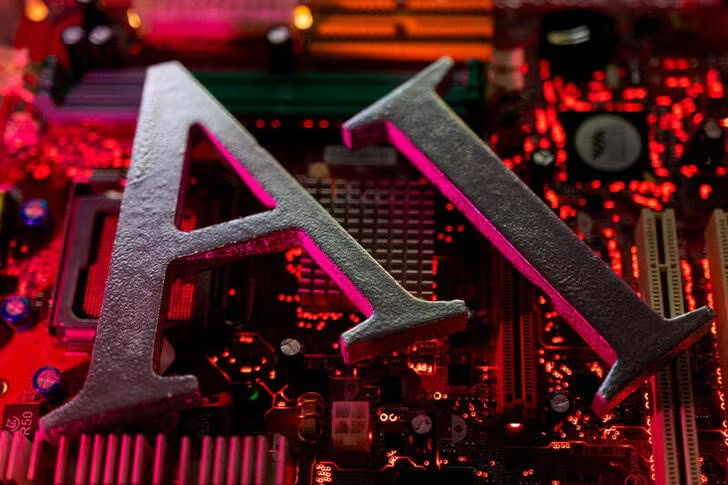
The Core Issue: AI Training Data
The core issue lies in how AI models train. These models require vast amounts of data, often sourced from publicly available materials such as books, articles, and images. Many content creators argue that using their work without permission constitutes copyright infringement. For instance, the New York Times has filed a lawsuit against OpenAI. They claim that its AI models trained on copyrighted content without authorization. This case exemplifies a growing trend where traditional media companies take a stand against tech giants that exploit their intellectual property.
Legal Trends and Rising Awareness
Experts predict that 2025 will see an increase in such lawsuits as more creators become aware of their rights. The Author’s Guild has also joined the fray, accusing OpenAI of using excerpts from authors’ books to enhance its AI capabilities. These actions highlight significant tension between innovation and intellectual property rights. They raise questions about what constitutes fair use in the context of AI training.
OpenAI’s Response to Legal Challenges
In response to these pressures, companies like OpenAI explore new strategies to navigate the complex legal landscape. Recently, OpenAI announced plans to provide limited access to its training data for external review by a team representing authors. This unprecedented move aims to address concerns about copyright infringement while demonstrating transparency in how AI models develop. However, access will be highly regulated and subject to strict confidentiality agreements, emphasizing the sensitivity surrounding proprietary data.
Differing Tech Regulations Across Jurisdictions
The situation complicates further due to differing regulations across jurisdictions. In Europe, discussions are underway regarding new frameworks for AI and copyright laws. Some policymakers advocate for more permissive rules that favor innovation. Conversely, in the United States, a lack of clear regulatory guidelines leaves many companies operating in a legal gray area. Therefore, many businesses face uncertainty as they navigate potential legal ramifications without comprehensive federal regulations governing AI usage.
The Rise of Generative AI Tech
The rise of generative AI technologies has spurred an increase in litigation related to copyright issues. A recent report indicates that around 21% of business leaders overseeing generative AI initiatives have reported heightened legal scrutiny regarding their practices. This trend underscores a growing recognition among companies that they must tread carefully when utilizing copyrighted materials for training.
Implications for Tech Companies
The implications of these legal challenges extend beyond individual lawsuits; they could fundamentally alter how tech companies approach data collection for training purposes. If courts rule against companies like OpenAI and Meta, they may need to shift towards obtaining explicit permissions from content creators or establishing licensing agreements for copyrighted materials. Such changes could lead to a more equitable system where creators receive compensation for their contributions while allowing tech firms to continue innovating.
Broader Concerns from Creative Industries
In addition to lawsuits from publishers and authors, tech companies also face scrutiny from organizations representing artists and musicians who claim their works have been used without consent in AI training datasets. For example, GEMA, a German collecting society representing thousands of artists, has initiated proceedings against OpenAI over allegations that it reproduced protected song lyrics during its model training processes. This case exemplifies broader concerns regarding how creative works are utilized within artificial intelligence.
The Path Forward: Collaboration and Dialogue
As these legal battles unfold throughout 2025 and beyond, it is crucial for both tech companies and content creators to engage in constructive dialogue aimed at finding common ground. The future of AI development hinges on striking a balance between fostering innovation and respecting intellectual property rights. By collaborating on solutions that benefit all stakeholders involved—creators and tech firms alike—there is potential for an ecosystem where creativity thrives alongside tech advancement.
Ultimately, as we witness these pivotal moments in AI’s evolution, it becomes clear that addressing copyright issues will require not only legal expertise but also a willingness from all parties to adapt to an ever-changing digital landscape. Therefore, the outcome of these disputes will likely shape the future of artificial intelligence and its relationship with creative industries for years to come.

